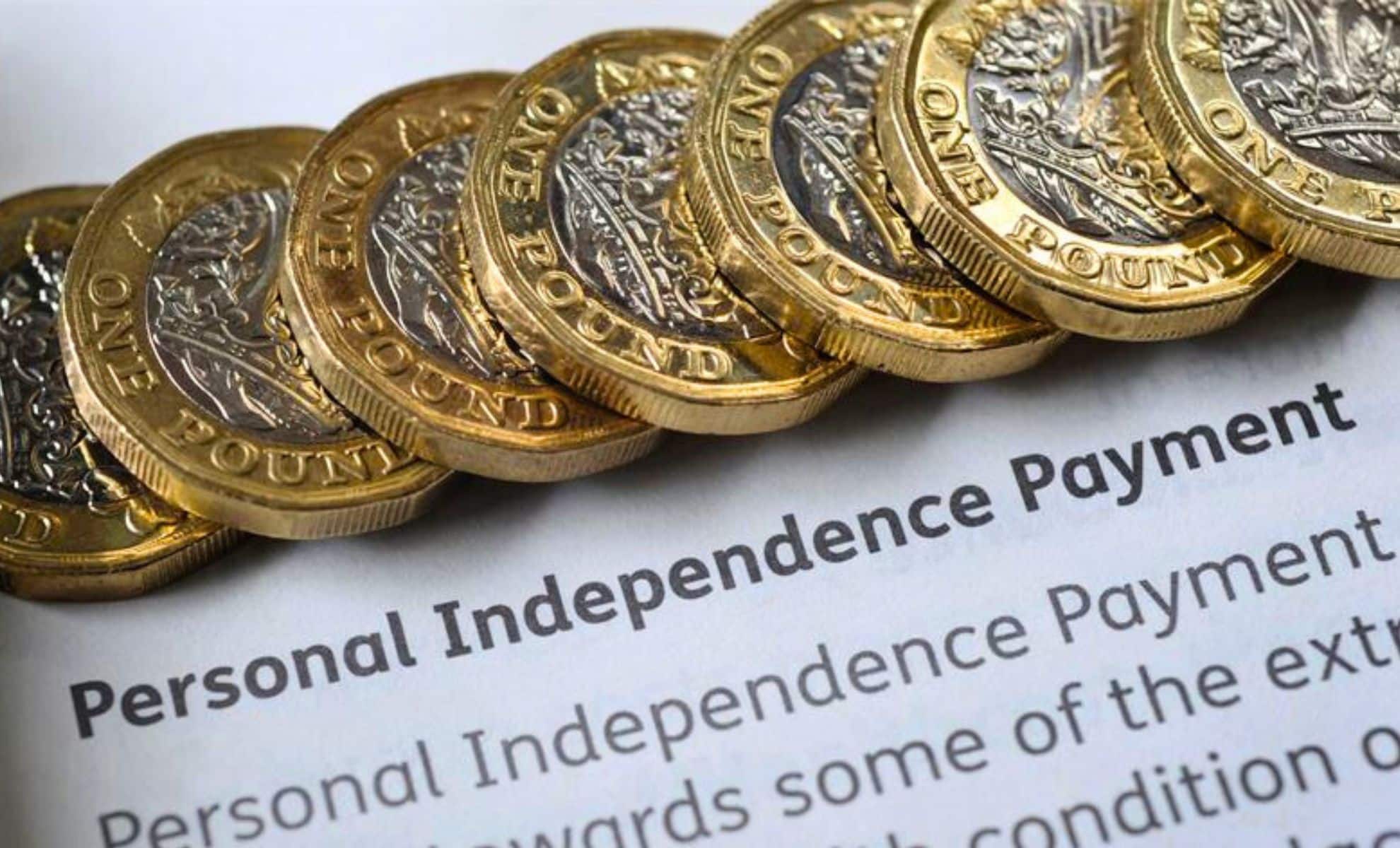The Personal Independence Payment (PIP) reforms of 2024 are set to bring significant changes to the benefits system in the UK. These reforms come after a change of government and are part of an ongoing effort to ensure that the welfare system is both sustainable and effective.
If you are a PIP beneficiary, it is crucial to understand what these changes mean for you. This article will provide a comprehensive overview of the upcoming PIP reforms, explain the key changes, and help you prepare for what lies ahead.
PIP Reforms 2024 After Change of Government
The Personal Independence Payment (PIP) is a crucial benefit provided by the UK government to support working-age adults with disabilities or long-term health conditions. This payment helps cover the extra costs associated with living with a disability or health condition.
The new government has proposed several reforms to the PIP system, which are currently under discussion.
What Are the Key Changes?
- Vouchers for Specific Services: Instead of receiving cash payments, beneficiaries might receive vouchers for specific services such as care assistance.
- One-Off Payments: The government is considering replacing ongoing support with one-time payments for specific needs like home adaptations.
- Receipts for One-Off Purchases: Beneficiaries may need to provide receipts to get reimbursed for disability-related purchases.
- Changes to Eligibility Criteria: The criteria for qualifying for PIP might be tightened, potentially reducing the number of people who qualify.
- Qualifying Period and Long-Term Condition Definition: The definition and timeframe for considering a condition as long-term could change, affecting eligibility.
These proposed changes have sparked significant debate, with disability rights groups expressing concern that they may reduce financial support for those in need.
Understanding PIP
PIP, or Personal Independence Payment, is a benefit provided by the Department for Work and Pensions in the UK. It is designed to help individuals with long-term disabilities or health conditions manage the extra costs associated with daily living and mobility.
Who Qualifies for PIP?
To be eligible for PIP, you must:
- Be aged 16 or above.
- Have a long-term physical or mental health condition or disability.
- Have difficulties with daily living activities or mobility.
- Expect these difficulties to last for at least 12 months.
PIP is divided into two components:
- Daily Living Component: Helps with everyday tasks such as eating, dressing, and personal hygiene.
- Mobility Component: Assists with getting around and transportation needs.
The amount of PIP you receive depends on the severity of your difficulties in each component.
Every Beneficiary Must Check This
The government is pushing for PIP reforms due to the rising costs of welfare benefits. They argue that the current system lacks flexibility and that for some individuals, treatment, and help could provide a more reasonable outcome than continuous payments.
Why Are These Reforms Happening?
- Rising Welfare Costs: The government needs to manage the growing expenses associated with welfare benefits.
- Need for Flexibility: The current PIP system is seen as too rigid. The government believes that one-off payments or vouchers might be more effective in some cases.
- Targeted Support: The proposed reforms aim to provide better-targeted support, ensuring that benefits reach those who need them the most.
These changes are intended to make the PIP system more sustainable and effective, but they also mean that current beneficiaries need to stay informed and understand how they might be affected.
Preparing for the Changes
As a PIP beneficiary, it is essential to stay updated on these reforms and how they might impact you. Here are some steps you can take to prepare:
- Stay Informed: Regularly check for updates from the Department for Work and Pensions and other official sources.
- Review Your Eligibility: Make sure you understand the new eligibility criteria and how they might apply to your situation.
- Keep Records: Maintain thorough records of any disability-related expenses and purchases. This will be important if you need to provide receipts for reimbursements.
- Seek Advice: Consult with disability advocacy groups and legal advisors to understand your rights and options under the new system.
Related:
- Offset Net Worth: Exploring the Finances of A Hip-Hop Icon!
- Geddy Lee Net Worth: Exploring the Finances of A Music Maestro!
- JobSeeker Payment Amount 2024: Eligibility, Amount, and Payment Date Explained
Conclusion
The PIP reforms of 2024 mark a significant shift in how disability benefits are administered in the UK. While the goal is to create a more sustainable and targeted system, these changes also bring uncertainty for many beneficiaries.
By staying informed and prepared, you can navigate these reforms and ensure that you continue to receive the support you need. Keep an eye on official announcements and seek support from advocacy groups to help you through this transition.
